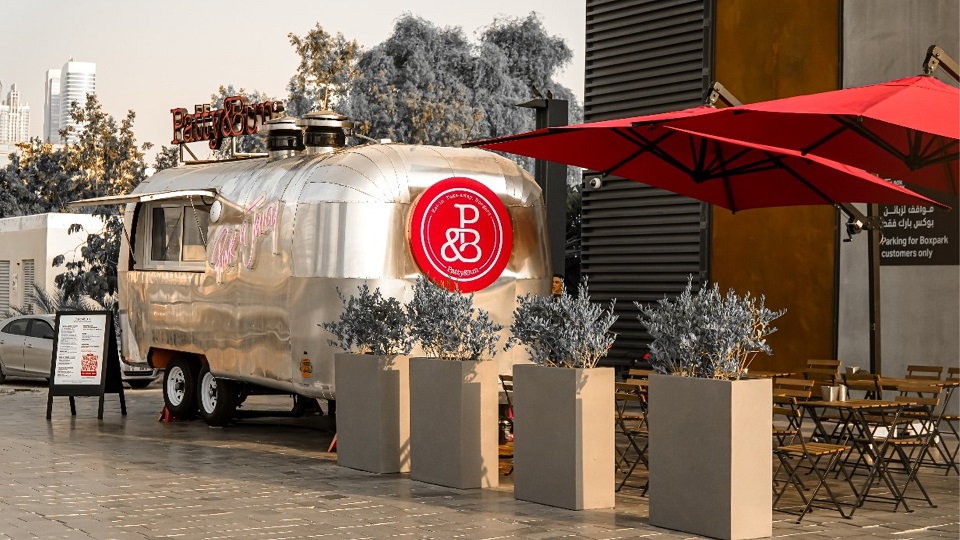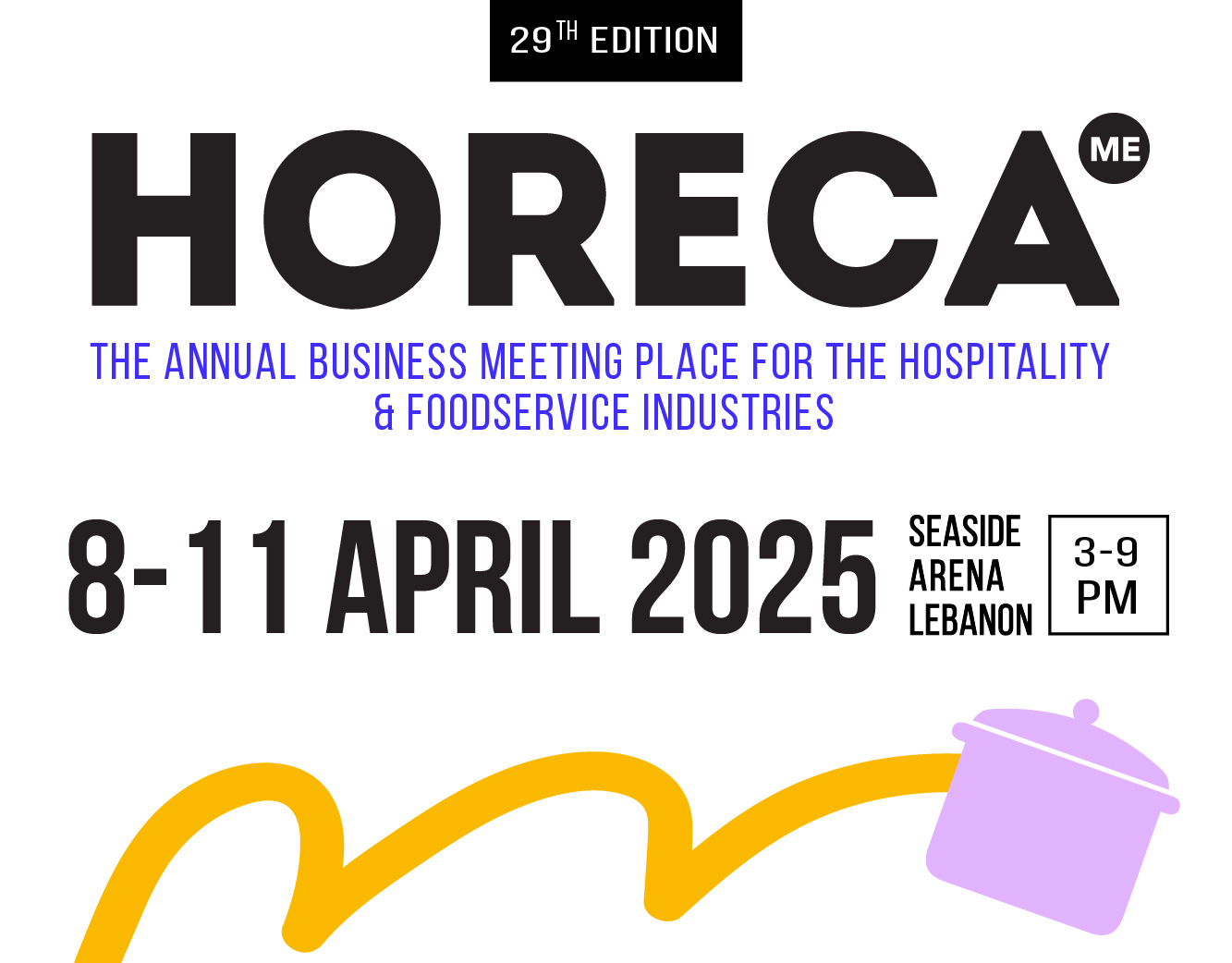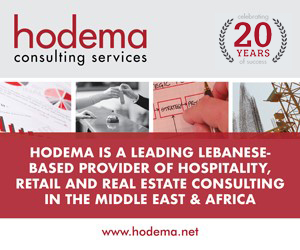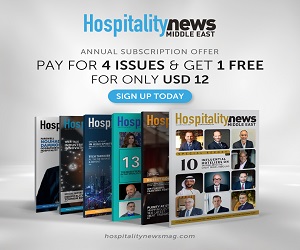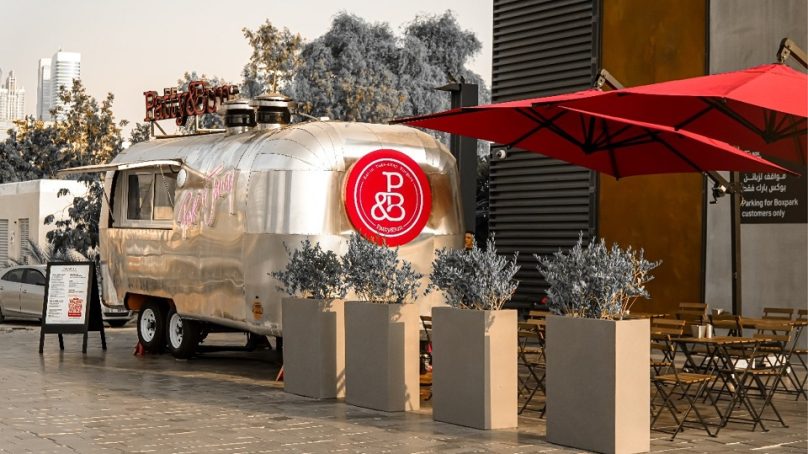
From permanent retail spaces to pop-up models
Traditionally, retail and F&B establishments have focused on maintaining permanent brick-and-mortar stores, anchoring their presence in areas with significant footfall. However, as businesses seek flexibility and cost savings, a substantial shift toward pop-up models and modular setups is emerging. This transition is increasingly influenced by rising retail space costs, making agility crucial in responding quickly to shifting consumer trends. Moreover, businesses are driven by the desire to create temporary experiences that engage and captivate customers in unique, memorable ways.
In this evolving landscape, modular setups like kiosks, food trucks and shipping container outlets have become preferred options for impactful branding. These modular structures not only allow easier deployment and relocation but also enable cost-effective market testing and concept experimentation. With this model, brands engage with customers dynamically, seizing high-traffic events and locations without committing to long-term retail leases. Consequently, brands can interact more responsively with consumers, benefiting from reduced overhead compared to traditional permanent establishments.
Cost advantages
One compelling reason behind the shift to modular solutions is the significant cost advantage they consistently offer to businesses. In comparison, traditional retail spaces typically cost between AED 500,000 and AED 1 million to set up. However, a 20-foot shipping container can be converted into a fully functional retail or F&B outlet for less than AED 100,000. Consequently, this cost efficiency makes modular solutions an attractive option for new and established businesses looking to expand their presence in Dubai’s competitive market.
Moreover, beyond the initial setup costs, modular solutions provide ongoing savings regarding maintenance and operational flexibility. For instance, kiosks and mobile units require significantly less maintenance than traditional stores, which reduces overall operational expenses. Additionally, their inherent mobility allows businesses to adapt to seasonal trends effectively. They can move to high-traffic areas during peak times and scale back during quieter periods. Therefore, this adaptability is particularly valuable in a city like Dubai, where consumer behavior fluctuates significantly based on the time of year and influx of tourists.
Furthermore, the evolving expectations of businesses also play a critical role in this trend. Companies are increasingly seeking ways to create more engaging and personalized customer experiences, which modular setups effectively facilitate. By offering unique, temporary experiences, brands can generate buzz and attract new customers. Additionally, they can test innovative concepts without the long-term risks associated with permanent retail spaces, thus allowing for experimentation.
Peak season
During the peak season in Dubai, demand for modular and mobile F&B solutions is expected to surge significantly. The city’s reputation as a global tourism hub, combined with the influx of visitors during cooler months, presents a prime opportunity for brands. Consequently, brands can capitalize on this trend to enhance their market presence and attract new customers.
Moreover, outdoor kiosks, food trucks, and pop-up cafes are becoming increasingly popular in high-traffic areas, such as beaches and parks. These mobile solutions are especially prominent near major tourist attractions, drawing significant attention from visitors seeking convenient dining options. During this period, outdoor kiosks can generate between AED 3,000 and AED 10,000 daily on average, depending on location and foot traffic.
Furthermore, higher figures are likely during major events and festivals, making them a lucrative option for revenue maximization. Additionally, the flexibility of modular setups allows businesses to quickly adapt to changing consumer preferences and trends in the market. They can offer seasonal menus or limited-time products that cater to the diverse tastes of Dubai’s international visitors, ultimately enhancing customer satisfaction.
The mobile F&B sector
The mobile F&B sector, in particular, is experiencing rapid growth as brands increasingly embrace flexibility and cost-effectiveness in food trucks. Notably, major coffee chains like Costa Coffee, Starbucks and Peet’s are leading the charge in this transformation. They are investing heavily in modular drive-through outlets and mobile units that can be deployed in various locations across the city.
Furthermore, this trend is not only reshaping the F&B landscape but also enhancing the overall consumer experience in Dubai. Mobile units provide a level of convenience and accessibility that traditional cafes and restaurants simply cannot match for customers. As a result, customers can enjoy their favorite food and drinks on the go without any inconvenience.
Consequently, the mobile F&B sector is set to play a significant role in Dubai’s evolving tourism and retail scene. It offers brands new opportunities to engage with customers while simultaneously expanding their reach in a competitive market. Moreover, the shift toward modular experiences in Dubai represents a significant evolution in how businesses approach retail and F&B strategies.
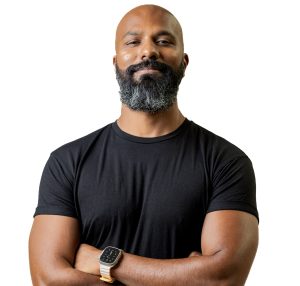
Nithin Mathew Thombil,
co-founder of wheelsAHOY
wheelsahoy.com
@wheelsahoy



